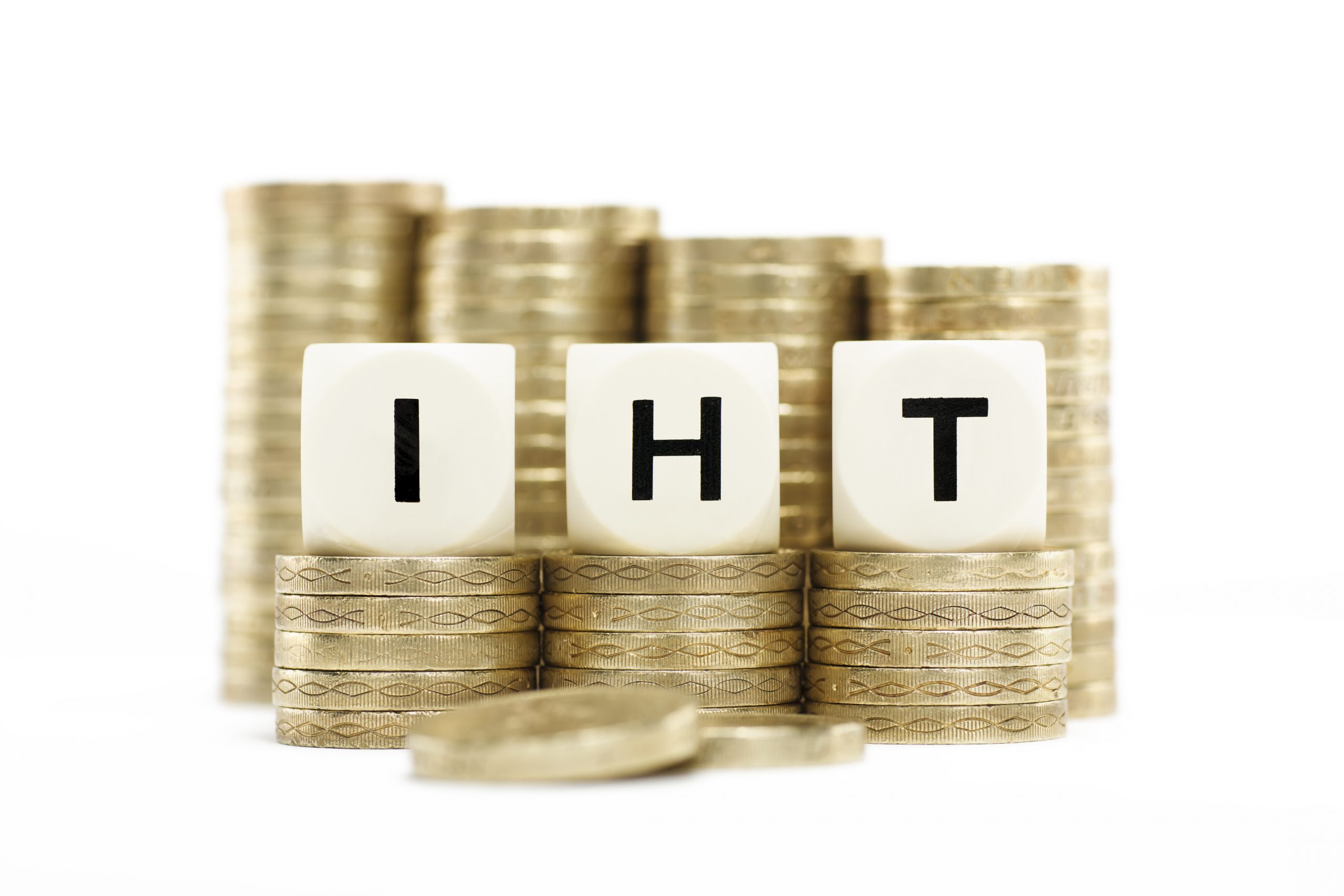Household Bills
Inheritance tax and stamp duty receipts hit new records

Inheritance tax and stamp duty receipts rocketed in the last tax year, with both taxes hitting record levels, new data from HM Revenue & Customs (HMRC) has revealed.
The HMRC data highlighted a sharp increase in inheritance tax receipts. Over the year, a total of £7.1bn was paid in inheritance tax, up by £1bn from the previous year.
And experts have noted that what was once seen as a ‘niche’ tax levied only on the wealthy is now a tax on ‘ordinary people’ as frozen thresholds mean more families are paying IHT.
Helen Morrissey, head of retirement analysis at Hargreaves Lansdown, said: “The [rise in IHT receipts] is largely down to the ongoing freezing of thresholds which means more and more households are being caught in its trap – it’s certainly not a rich person’s tax any more as years of strong house price growth drag more of middle Britain into its orbit.”.
Andrew Tully, Technical Director at Canada Life agreed with this assessment and adviced households that may be hit to use tax management to minimise the impact.
He said: “IHT is no longer a tax only on the wealthiest estates. As these record figures show, IHT has now become a mainstream tax on ordinary people, largely due to house price increases. With record amounts being banked by the Chancellor, and with the OBR forecasting IHT receipts will grow to a massive £8.4bn by 2027/28, people need to put their finances in order to avoid the tax man taking more than his fair share. Only then can people be confident they are passing on their wealth to their beneficiaries as tax efficiently as possible.
“Simple things such as setting up a trust, making use of gift allowances, and using your pension to cascade wealth very tax efficiently, can all help manage the value of your estate for IHT purposes.”
Stamp duty shoots up but expected to fall next year
Meanwhile, homebuyers paid £1bn in stamp duty land tax in March, an increase of 19% on the previous month. In cash terms, that is a jump of £164m.
Across the year as a whole, £15.4bn was paid out in stamp duty over the 2022-23 tax year, an increase of nine per cent on the £1.3bn paid out in the previous tax year and a new record.
However, this is expected to drop sharply in the 2023-24 tax year. The Office for Budget Responsibility for example has forecast it will drop by £4.7bn due to the anticipated lower numbers of property transactions.
Jonathan Stinton, head of intermediary relationships at Coventry Building Society, noted that with record amounts being paid in stamp duty, it is clear that even the new tax thresholds introduced in September “aren’t doing enough”.
He said: “The stamp duty holiday in 2020 and 2021, and the subsequent boom in property transactions, showed just how influential stamp duty can be. An ambitious and active reform to the property tax could inject life into the market. Alternatively, we could see a structured, concerted effort to increase the supply of new homes which would then allow aspiring first-time buyers more choice, and perhaps a smaller tax burden.”
Morrissey noted that the sizeable stamp duty receipts had been “bolstered” by strong house price growth earlier in the year, but cautioned: “The uncertain market outlook means we could see receipts more muted over the coming months.”